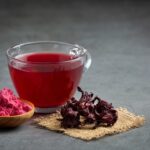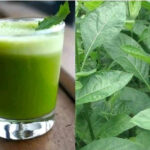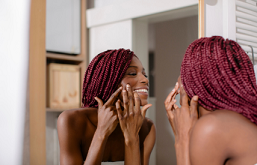
Everyone loves a clear and smooth skin. Looking in the mirror and beholding spots and blemishes on one’s face caused by those pesky pimples can be annoying. So it is not unusual to always seek simple home remedies for acne and ways to get rid of the pimples.
Acne can appear on any part of the body – face, neck, upper back, chest and shoulders but it occurs most commonly on the face. Aside from causing permanent scars, it can be painful, especially when it is severe. Having spots and scars on one’s face can also affect one’s self-esteem and even cause emotional distress.
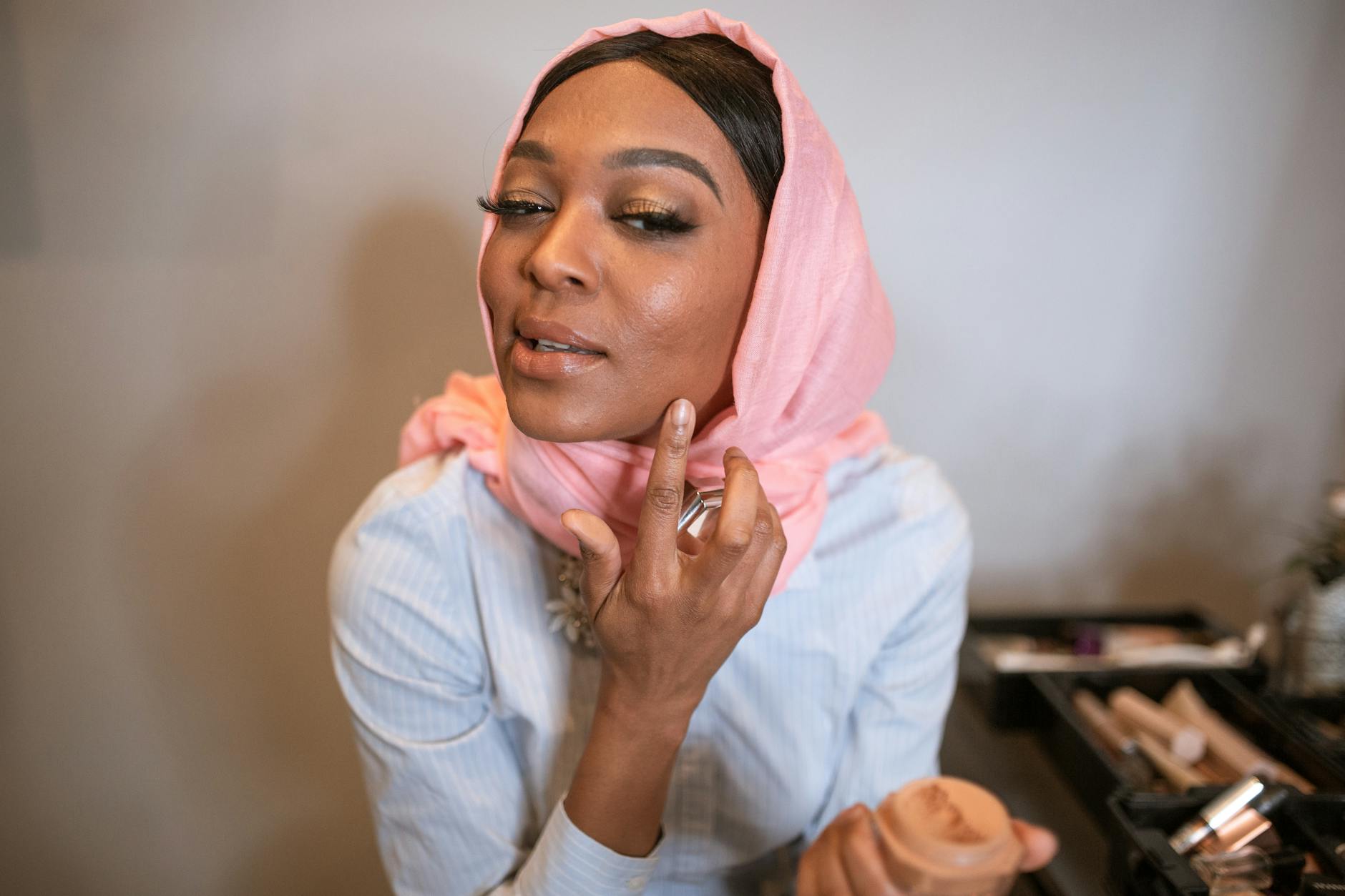
The skin is one of the largest organs of the body. So it is imperative to take proper care of it by using skincare regimens that will help keep the skin clean, healthy and prevent spots and blotches. There are many things one can do to prevent the symptoms of acne, such as using some home remedies to reduce acne and possibly reduce the risk of scarring.
Acne, commonly called pimples is a prevalent skin disease that occurs when the skin pores become clogged with oil (sebum), dead skin, hair and/or bacteria. It causes pimples to pop out on the face, chest, shoulders and upper back. These pimples come as blackheads, whiteheads or nodules. Acne is considered the most common skin condition among both teenagers and adults.
Acne can either be inflammatory or non-inflammatory with the following subtypes that can be categorised under both types.
● Blackheads
● Whiteheads
● Cysts
● Pustules
● Papules
● Nodules

A pimple is a single infected bump, while acne is the regular breakout of several pus-filled bumps (pimples) spread across the skin.
The main symptom of acne is the frequent occurrence of pimples or zits.
The main causes of acne are the clogged pores caused by the excess production of oil and a build-up of bacteria. Other cause of acne includes:
● Excess Androgen hormone production: This can cause the oil glands under the skin to enlarge and produce more oil (sebum). The excess serum can break down the pores’ cellular walls resulting in the growth of bacteria.
● Diet: Studies have shown that diets that are rich in carbs especially refined sugar, do not only spike your blood sugar levels and increase your insulin but can worsen acne.
● Polycystic Ovarian Syndrome (PCOS): Because of the resultant hormonal imbalance, acne affects women with PCOS more than others.
● Menstruation: Due to fluctuations in hormones, a lot of women experience acne flare-up a week before their menses occur.
● Certain cosmetics and skin products: Using heavy, oily or greasy skin products can clog your skin pores and cause acne.
● Skin dryness: This can cause excessive sebum production which increases the risk of acne.
● Emotional stress: Stress releases hormones that can cause inflammation, increasing the production of sebum, which further raises the risk of acne or worsens it. Stress can also slow the healing and repair of acne lesions since studies have shown that stress can slow down the healing of wounds,
● Genetic factor: A person with a parent who suffers from acne is also at a high risk of developing acne.
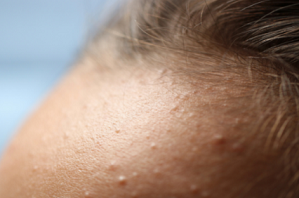
Most people prefer using home remedies to get rid of acne because compared to conventional treatments that are often associated with adverse side effects like irritation and dryness, home remedies involve using natural ingredients which are mostly found in our homes.
Exfoliating regularly. This may help to reduce acne as it helps to remove dead skin cells that can accumulate and clog skin pores.
Apple cider vinegar(ACV): It is believed that ACV contains citric acid, lactic acid, acetic acid, and succinic acid, all of which studies have shown are capable of inhibiting acne-causing bacteria. Applying ACV directly to your skin can cause irritation. To use ACV: dilute some raw ACV in water in a ratio of 1:3, using a cotton ball, apply the solution on a clean skin and finally rinse off after 15 minutes and pat dry.
Zinc supplement: This accelerates the healing of wounds, relieves oxidative stress and boosts immune function. Studies indicate that taking 30 – 45mg of zinc daily is not only effective but is also a low-cost alternative treatment option for acne. Zinc can be applied topically or ingested orally. It can effectively treat acne by reducing inflammation, suppressing the activity of the oily gland and slow down the growth of acne.
Cinnamon and honey mask: Both honey and cinnamon have antibacterial, antioxidants and anti-inflammatory properties. It is believed that applying a mask of honey and cinnamon can help acne-prone skin. To prepare and use this mask: (1) Mix 1teaspoon of cinnamon to 2 tablespoons of honey. (2) Clean the affected skin area, apply the mask and leave for 10 to 15 minutes. (3) Rinse the mask off and pat dry.
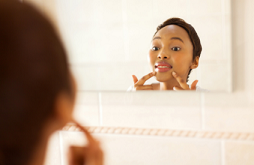
Green tea: Aside from drinking, you can also apply green tea to the skin. Green tea contains polyphenol and tannins, which are known to be anti-inflammatory and antimicrobial and can fight acne-causing bacteria. It is also abundant in epigallocatechin-3-gallate (EGCG), an anti-inflammatory antioxidant which can lower the production of sebum and prevent the growth of acne.
Aloe Vera: The leaves of this tropical plant produce a clear gel that is antibacterial, anti-inflammatory and can help heal wounds and burns. Aloe Vera gel, aside from being an excellent moisturiser, can help to reduce the appearance of acne and prevent more breakouts. The gel can be applied directly to the skin or added to soaps, creams, lotions or ointment.
Lifestyle changes: Although it is difficult to prevent acne but doing the following can help:
a. Bath daily to keep your skin clean and to get rid of excess dirt and oil
b. Avoid touching your face with unclean hands
c. Avoid picking/squeezing the pimples so as to prevent the spread of bacteria
d. Use water-based or non-pore clogging makeup
e. Remove makeup before going to bed
f. Wash your hair regularly and keeping the hair out of your face
g. Reduce stress, sleep well and exercise regularly
h. Always stay hydrated, eat healthily
i. Practice good personal hygiene
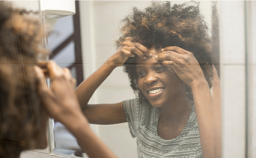
Acne is a common and frustrating skin condition. Acne treatment can take time before you can see any visible result. Most of the conventional treatments have side effects like irritation, skin dryness and redness. To avoid some of these side effects, most people seek effective and natural home remedies to help get rid of acne.
The remedies stated above may not work for everyone, but if after trying the above treatments and you don’t get any visible result or if you are not satisfied with the result, you can See a Dermatologist. A test can be run on you to find out the cause of the acne and prescribe the right medications and treatment plans.
NutritionFebruary 5, 2025
MedicationFebruary 5, 2025
